Jul 2, 2025
Iranians Face Economic Strain After 12 Days of Conflict with Israel
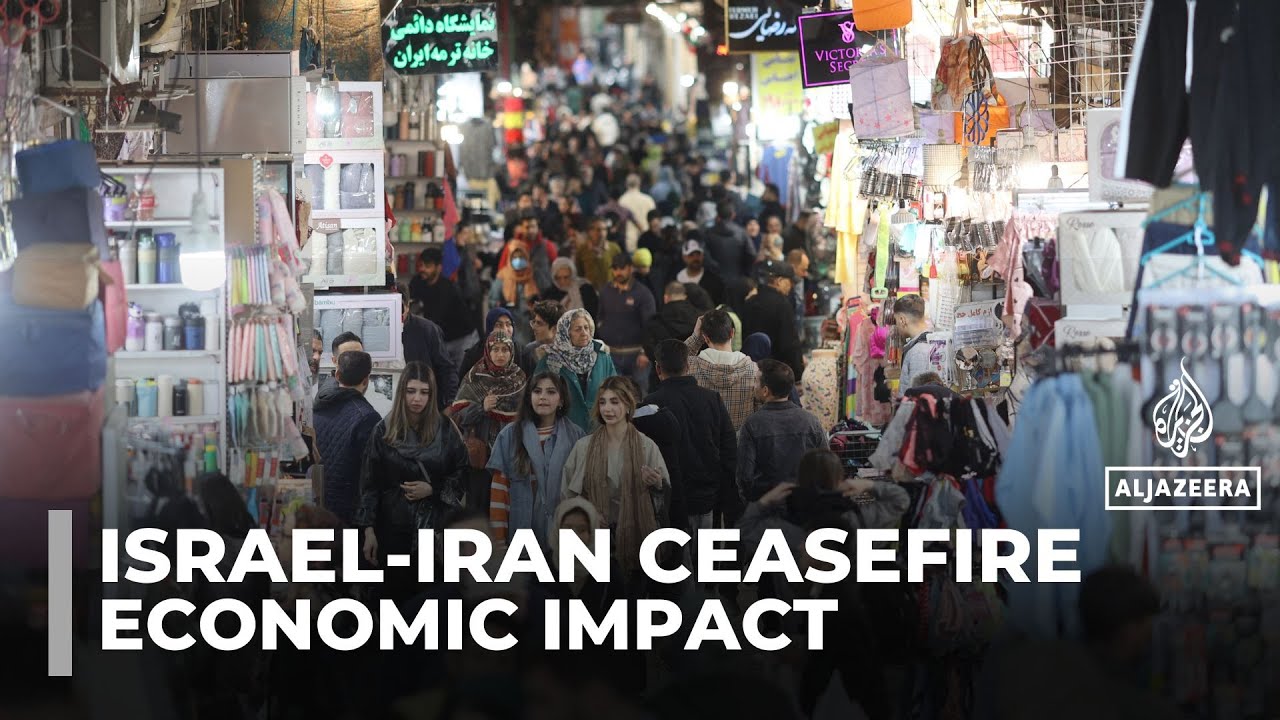
In the aftermath of a brief but intense conflict between Israel and Iran, the echoes of missile strikes and drone attacks have quietened. Yet, the deeper consequences continue to ripple across Iranian society, particularly in Tehran's bustling Grand Bazaar. This historic commercial hub, while untouched by physical destruction, has been gripped by fear, economic disruption, and uncertainty. The impact of this conflict reveals a poignant story of resilience amid ongoing hardship.
Table of Contents
- The Grand Bazaar: A Heartbeat Silenced by Fear and Uncertainty
- Economic Challenges Deepened by Conflict
- Psychological and Social Toll on Families and Communities
- Looking Ahead: Recovery Amid Uncertainty
- Frequently Asked Questions (FAQ)
The Grand Bazaar: A Heartbeat Silenced by Fear and Uncertainty
The Grand Bazaar in Tehran is not just a marketplace; it is the commercial heart of the city and a symbol of Iranian economic life. Despite escaping direct physical damage during the recent conflict, the market experienced a profound shutdown. Merchants faced a sudden halt in business, with shops closing for twelve days, leading to mounting debts and empty tills.
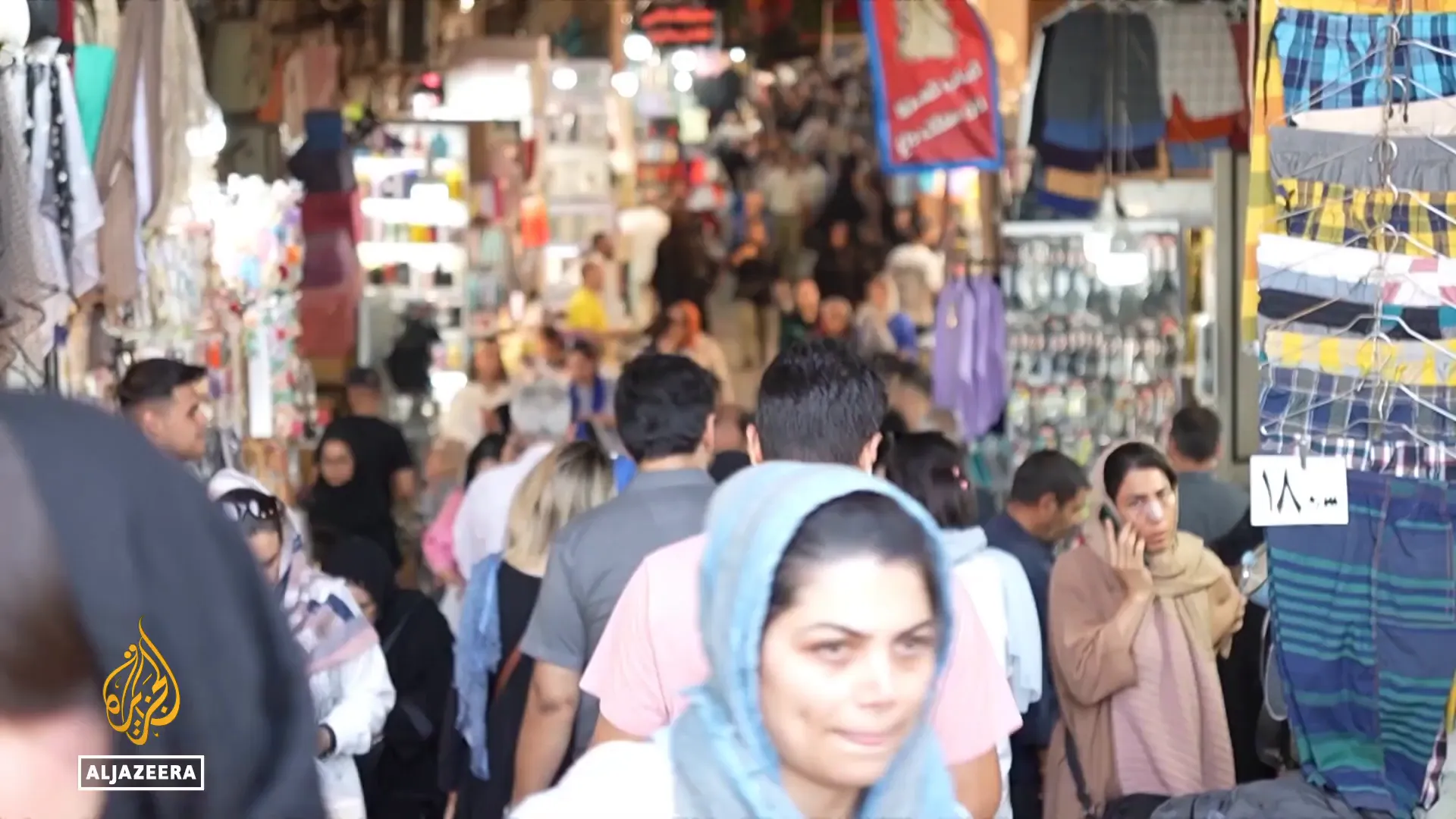
One longtime merchant, Ari, who has run a café in the bazaar for fifty years, described the situation with a rare gravity. "Rarely," he said, "have I seen such a shutdown of business." The market slowed drastically as people became cautious and hesitant to spend, waiting anxiously to see what the future would hold.

Economic Challenges Deepened by Conflict
Iran’s economy has long been strained under nearly four decades of sanctions and internal challenges. The recent conflict only exacerbated these difficulties. Merchants and business owners felt the sting of an already fragile economy being pushed to its limits. One merchant shared, "We faced economic damage. After nearly forty years of sanctions and ongoing economic challenges, this attack felt like a deep injustice."
The forced closure of shops led to significant financial harm. High rents continued to demand payment, while income streams dried up. Many had checks to cash but no sales to support them. The economic ripple effect extended beyond physical storefronts, affecting online businesses as well.
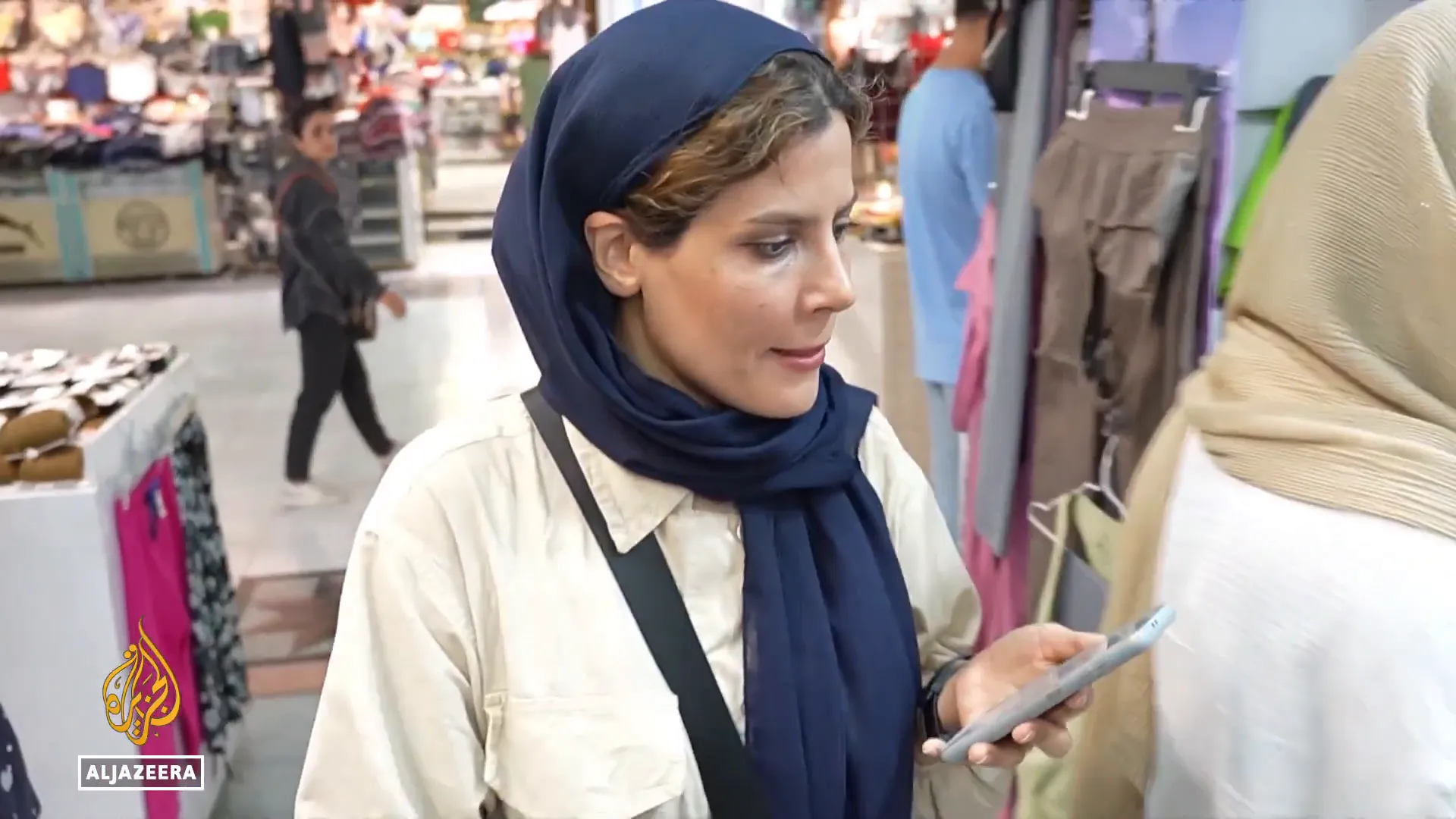
Impact on Online Businesses
Online sales platforms, a growing part of Iran’s economy, were not immune. During the 10 to 12 days of conflict, most online sales pages went inactive. One sportswear page owner explained, "I had no activity during that period, first out of solidarity with those affected by this war, and second, because Internet disruptions across the country made online sales extremely difficult."
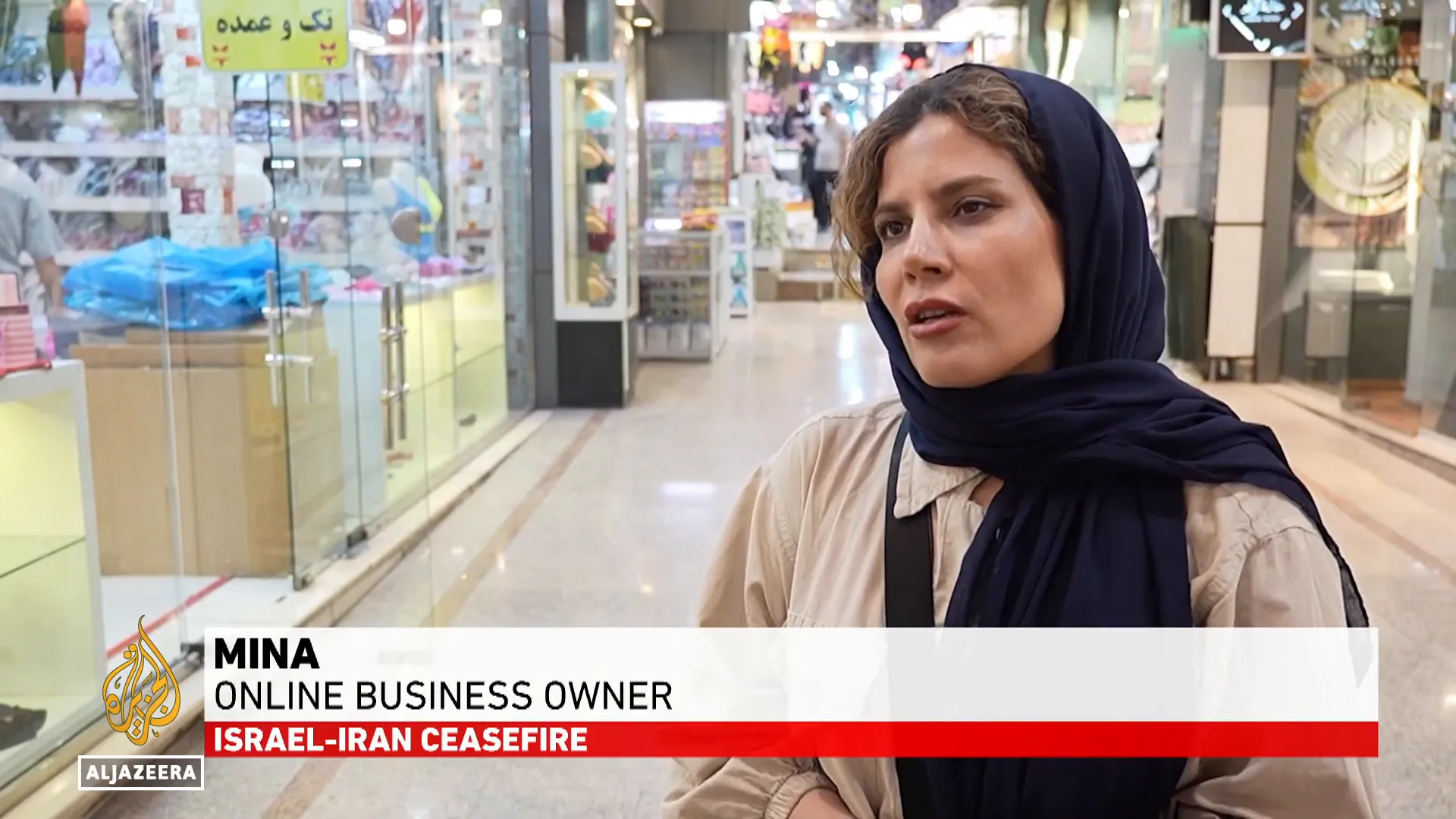
Psychological and Social Toll on Families and Communities
The consequences of the conflict stretch beyond economics. The psychological toll on families and communities is profound and inevitable. The anxiety of potential renewed conflict and the uncertainty it brings have made people more cautious in their everyday decisions, including spending habits.
"The war had made people spend less and save more," Ari noted. This cautious mindset reflects a community bracing itself amid instability, where the possibility of another flare-up looms large, undermining market stability and economic confidence.
Looking Ahead: Recovery Amid Uncertainty
As the missiles and drones have fallen silent, the market is beginning to show signs of recovery. Shops are reopening, and cautious optimism is slowly returning. Yet, the shadow of the conflict remains, reminding everyone that peace and stability are fragile.
Economic recovery will be a gradual process. The compounded effects of long-term sanctions and recent conflict-related disruptions have left Iran’s economy in a precarious position. Merchants and business owners continue to grapple with financial strain, while the broader community wrestles with the psychological aftermath.
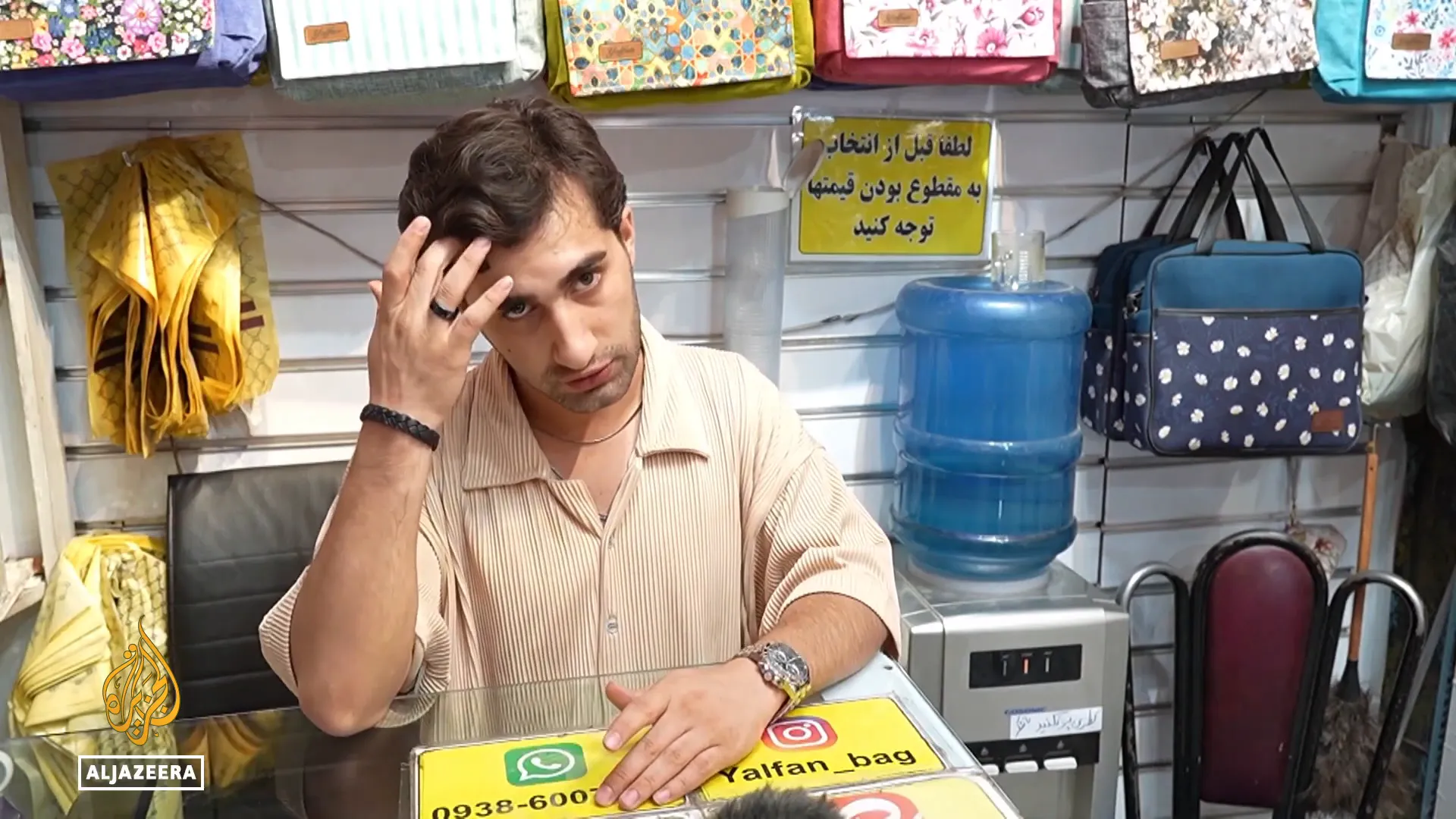
Frequently Asked Questions (FAQ)
What was the impact of the conflict on Tehran’s Grand Bazaar?
The Grand Bazaar was not physically damaged but experienced a 12-day shutdown due to fear and economic disruption. This led to significant financial losses for merchants, high rents without revenue, and a cautious consumer base.
How did the conflict affect online businesses in Iran?
Most online sales platforms went inactive during the conflict due to internet disruptions and solidarity with those affected by the war, resulting in a complete halt in online sales for about 10 to 12 days.
What psychological effects did the conflict have on Iranian society?
The conflict increased anxiety and uncertainty, leading people to spend less and save more. Families faced psychological stress, and the overall community remains cautious about potential future conflicts.
Is the economy recovering now?
Signs of recovery are emerging as businesses reopen, but the economy remains fragile due to ongoing sanctions and the recent conflict. Stability is uncertain, and many merchants continue to face financial challenges.
Why did merchants close their shops during the conflict?
Shops closed due to fear of further conflict, economic uncertainty, and disruptions to daily life. Many merchants also wanted to show solidarity with those affected by the war.
The recent conflict between Israel and Iran has left a lasting mark on Tehran’s Grand Bazaar and the broader Iranian economy. Beyond the immediate physical damage that was avoided, the economic and psychological scars remain deep. As merchants and communities begin to rebuild, the hope is for a more stable and peaceful future where commerce and daily life can thrive once again.